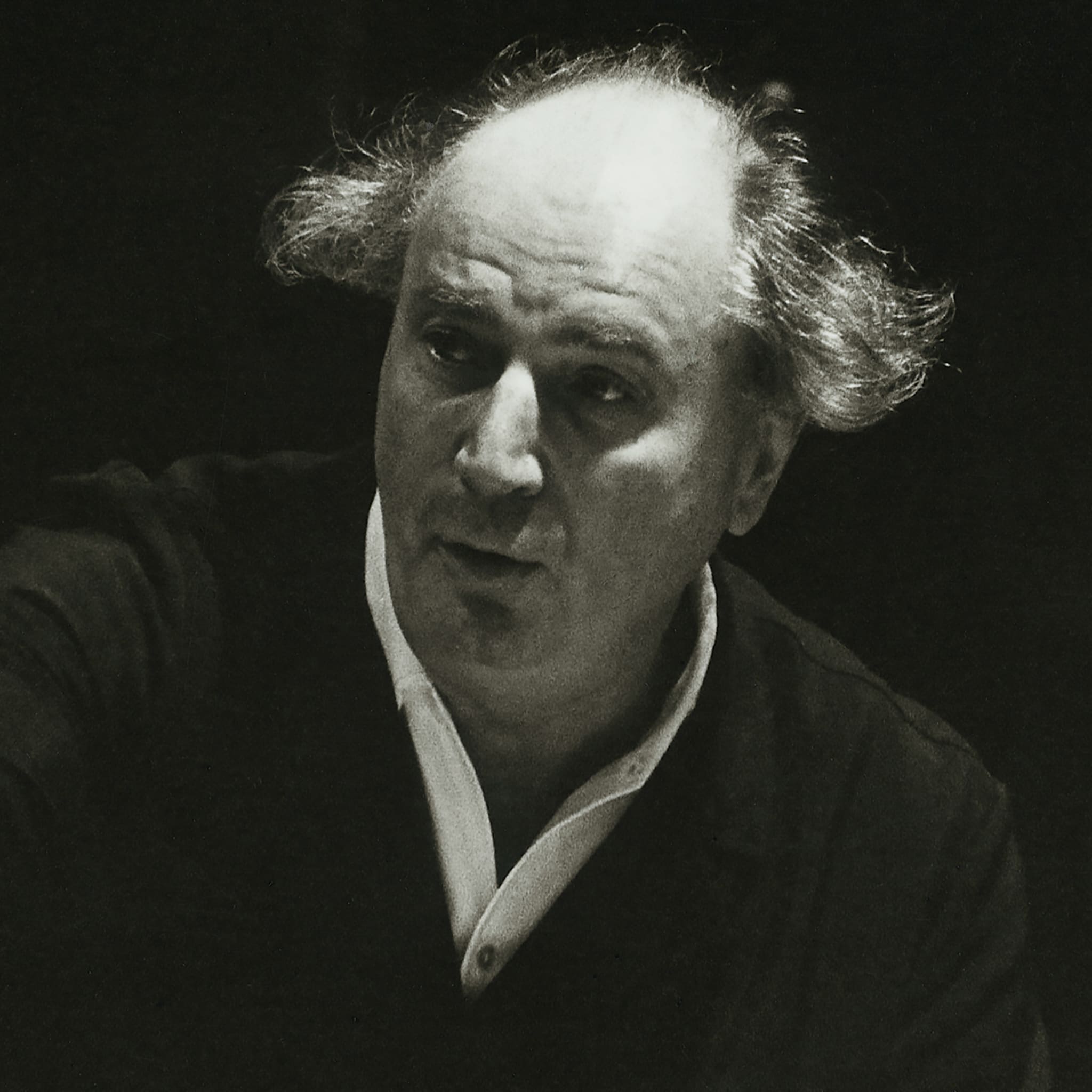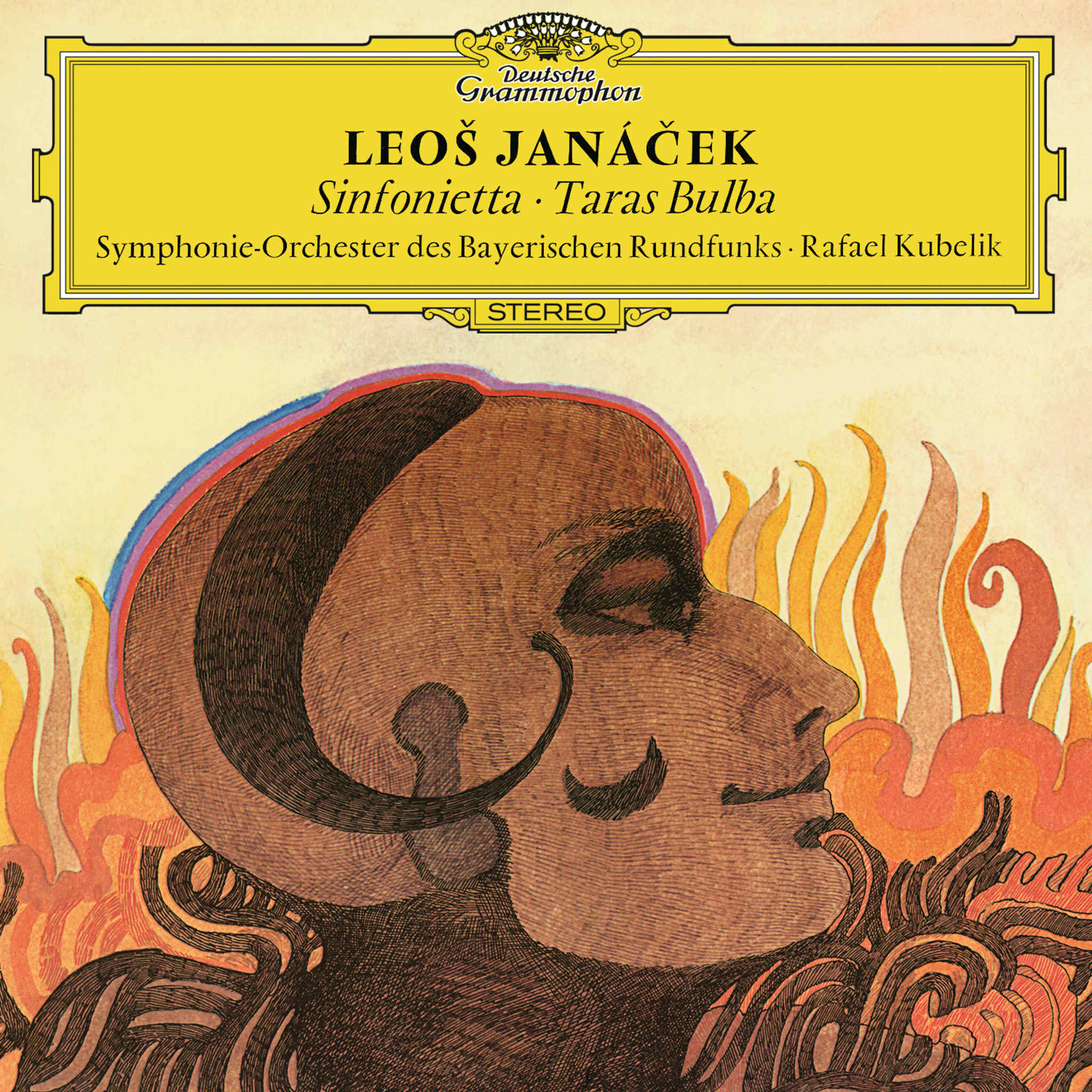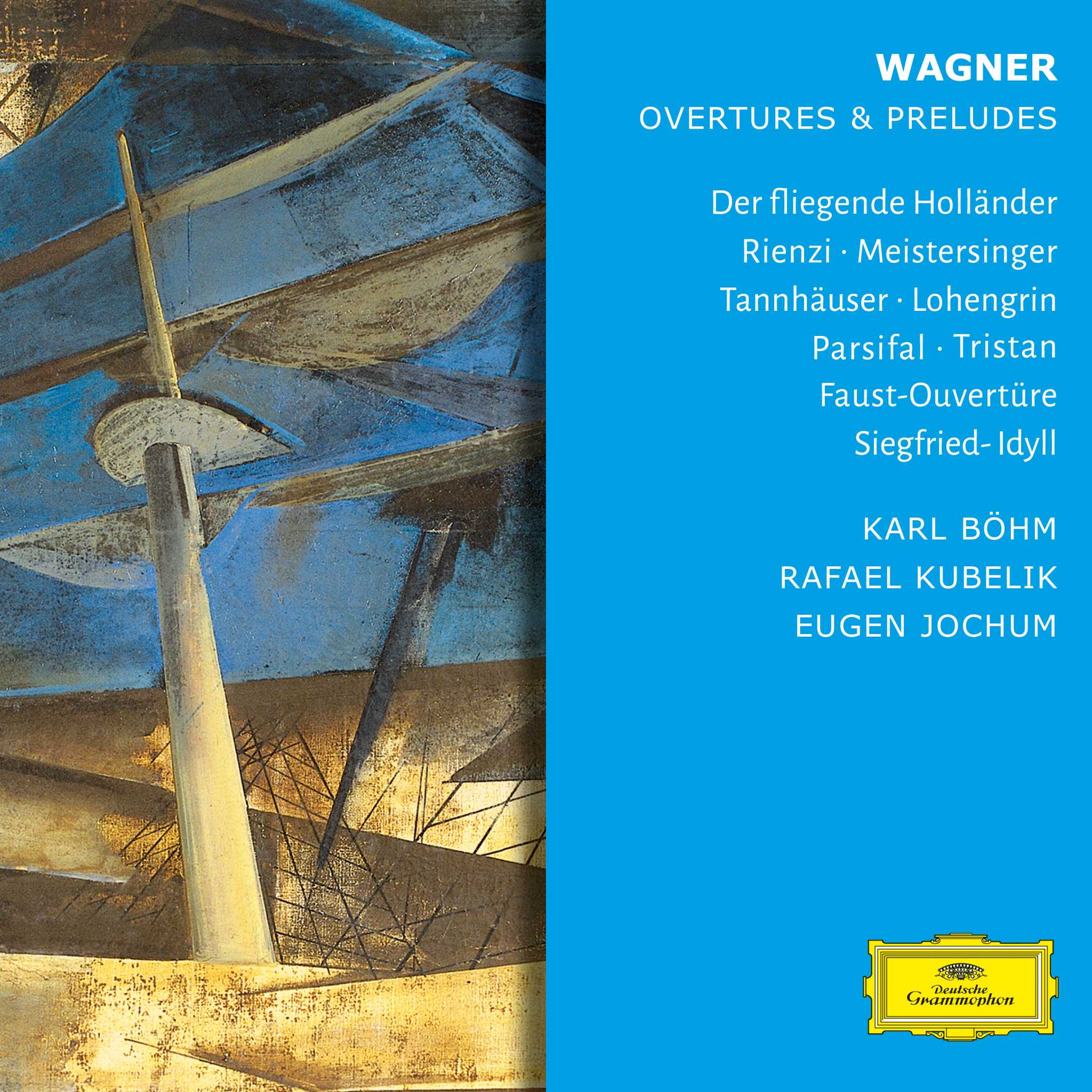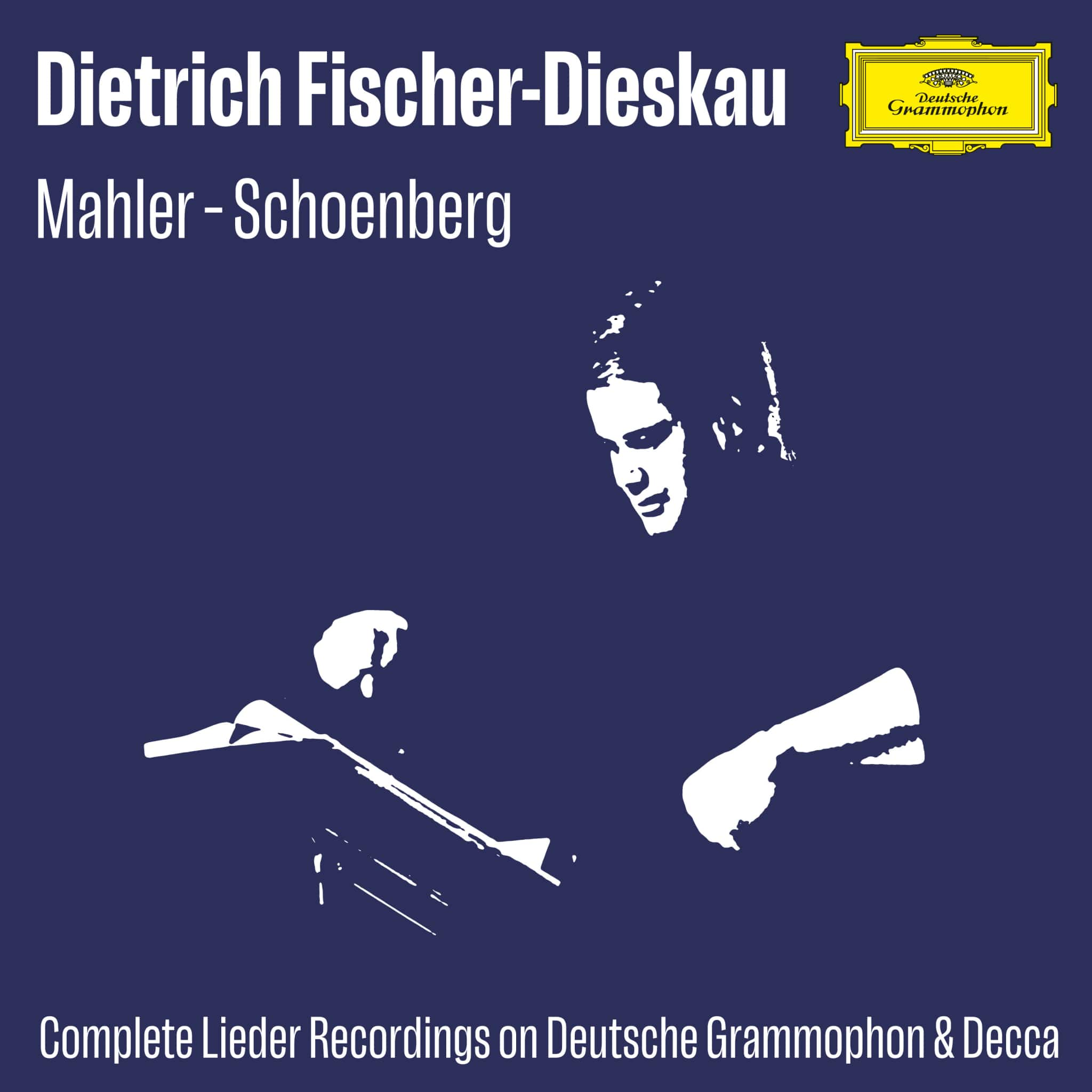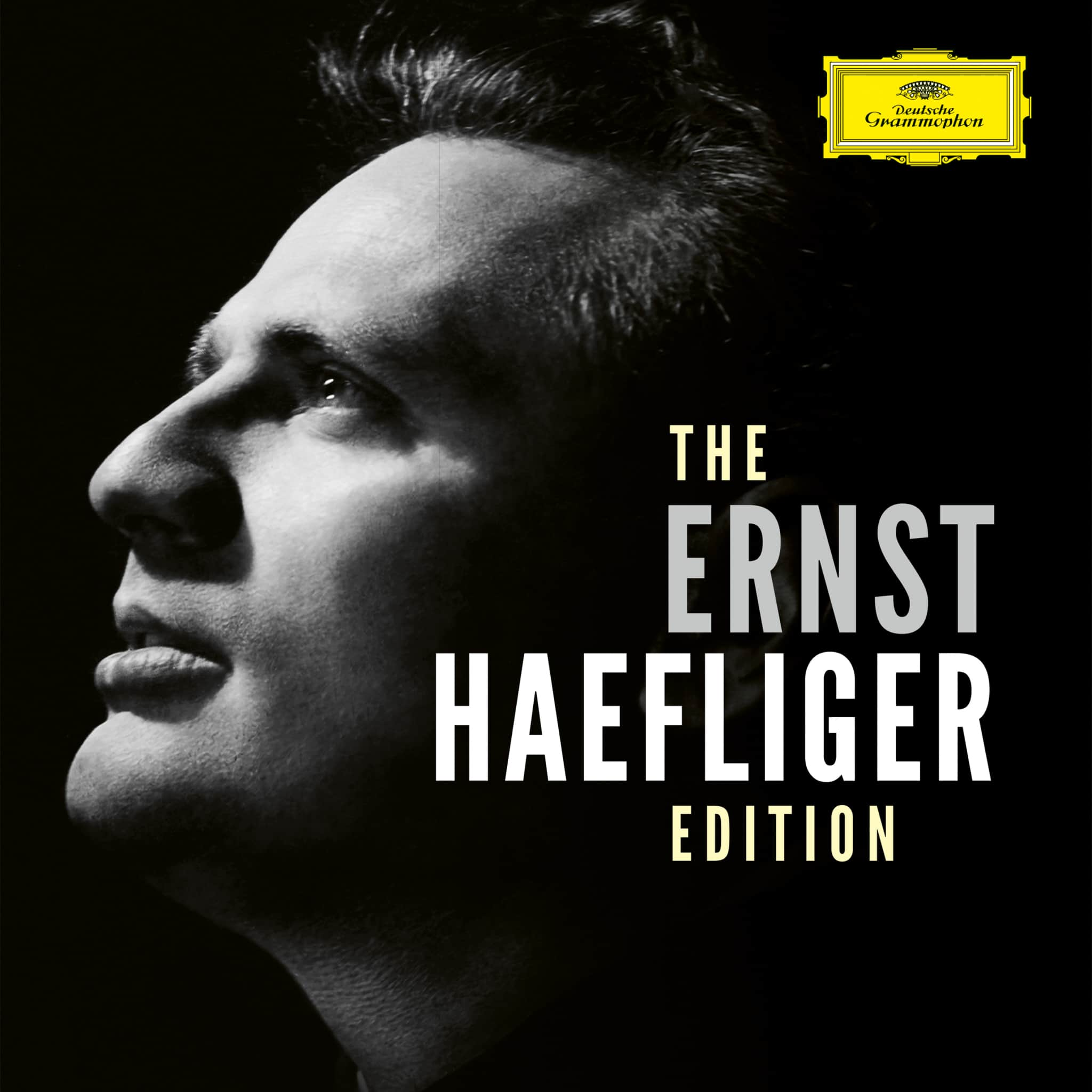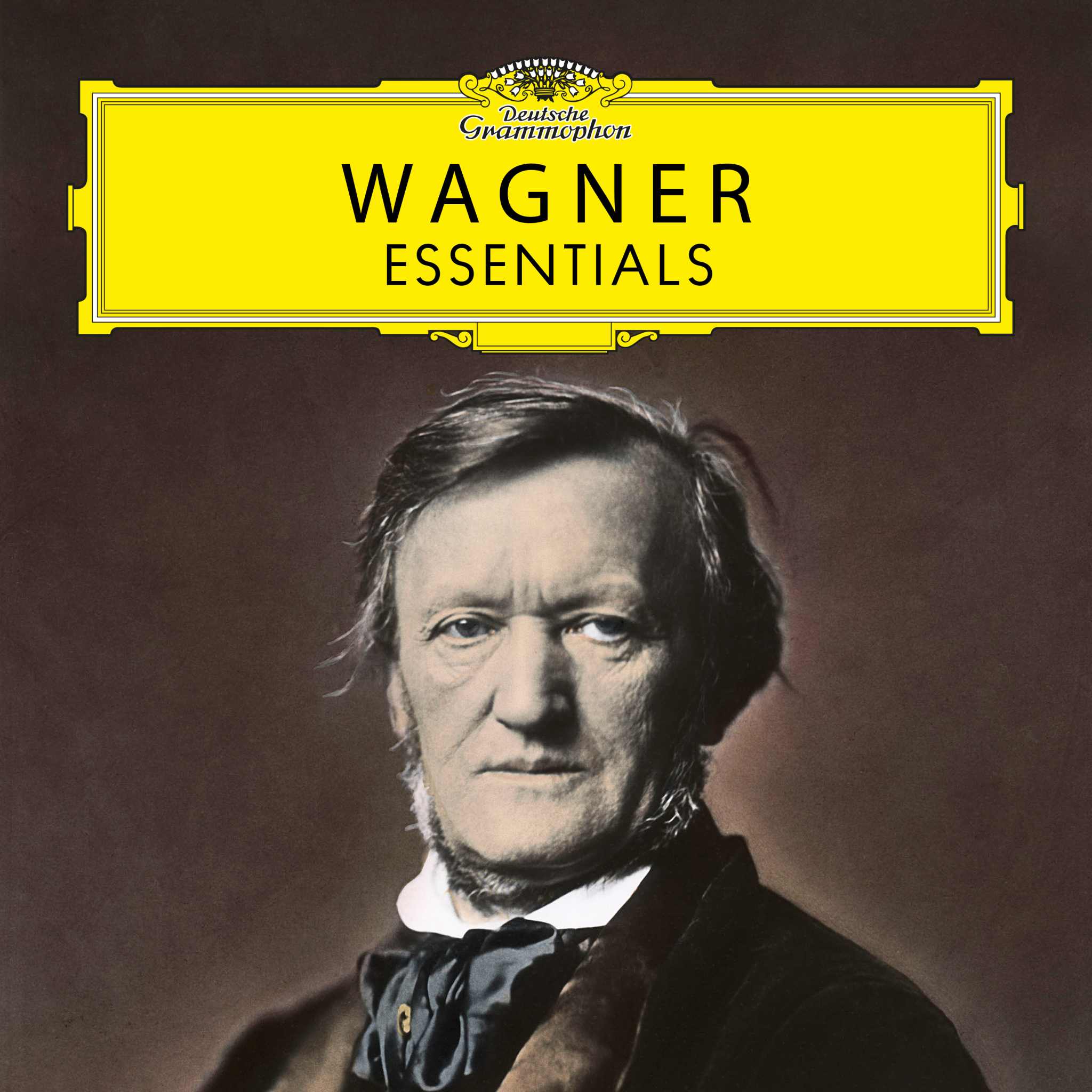Einsichtsreiche Meisterwerke von Rafael Kubelík
Das Leben und die Karriere des in Tschechien geborenen Dirigenten Rafael Kubelík bieten einen einzigartigen Einblick in die gesamte Geschichte Europas im 20. Jahrhundert. Am Ende des österreichisch-ungarischen Kaiserreichs geboren und nach Jahren des Exils 1990 ins neu befreite Prag zurückgekehrt, ist Kubelíks Lebensweg ein Zeugnis für Widerstandskraft und Entschlossenheit.
Wegweisende Werke unter der Leitung von Rafael Kubelík
Kubelík war nicht nur ein musikalischer Pionier, der die Werke seiner Landsleute Smetana, Dvořák und Janáček förderte. Er war auch einer der bedeutendsten Verfechter von Mahler und Bruckner und setzte sich für Berlioz’ dramatische Oper „Les Troyens“ ein. Seine Ausbildung in Klavier, Violine, Komposition und Dirigieren spiegelt sich in seinem tiefen musikalischen Verständnis wider, das in seinen Interpretationen offensichtlich wurde.
Seine wegweisende musikalische Laufbahn führte ihn vom Chefdirigenten der Tschechischen Philharmonie über den Musikdirektor der Brünner Oper und das Chicago Symphony Orchestra schließlich zu seiner prägenden, 18-jährigen Tätigkeit als Chefdirigent des Symphonieorchesters des Bayerischen Rundfunks in München von 1961 bis 1979.
Kubelíks Vermächtnis ist in einer umfangreichen Sammlung von Aufnahmen bewahrt, darunter ein vollständiger Mahler-Zyklus mit seinem Münchner Orchester sowie maßgebliche Einspielungen von Wagners „Die Meistersinger von Nürnberg“ und „Parsifal“, neben vielen anderen.
Obwohl er sich Mitte der 1980er Jahre aus dem aktiven Dirigieren zurückzog, kehrte Kubelík nach der „Samtenen Revolution“ 1990 ans Pult zurück, um mit der Tschechischen Philharmonie das Prager Frühling-Festival zu eröffnen. Er dirigierte eine triumphale Aufführung von Smetanas „Má vlast“ („Mein Vaterland“). Ein Film dieses historischen Ereignisses zeugt von seiner außergewöhnlichen Karriere.
Rafael Kubelík: Leben, Vermächtnis und bedeutende Aufnahmen
Rafael Kubelík (1914–1996) war ein tschechischer Dirigent und Komponist, dessen Karriere das bewegte zwanzigste Jahrhundert umspannte und der sowohl für die tschechische Musik als auch für die zentraleuropäische sinfonische Tradition als Botschafter diente. Seine Kunst und sein Führungsstil prägten die Aufführungen bedeutender Orchester und hinterließen ein bedeutendes Vermächtnis an Aufnahmen.
Mit 19 Jahren debütierte er bei der Tschechischen Philharmonie und wurde schon in jungen Jahren hauptberuflicher Dirigent. 1939 wurde er Musikdirektor der Brünner Oper; kurz darauf übernahm er während der Nazibesatzung auch das Amt des Chefdirigenten der Tschechischen Philharmonie. Als entschiedener Gegner sowohl des Nazi- als auch des kommunistischen Regimes ging Kubelík nach dem kommunistischen Umsturz 1948 ins Exil, ließ sich zunächst in Großbritannien nieder und wurde später Schweizer Staatsbürger.
Zu seinen wichtigsten Stationen zählen der Posten als Musikdirektor des Chicago Symphony Orchestra (1950–53), Musikalischer Leiter der Covent Garden Opera (1955–58), wo er die erste britische Aufführung von Janáčeks „Jenůfa“ und eine wegweisende Produktion von Berlioz’ „Les Troyens“ leitete, sowie Chefdirigent des Symphonieorchesters des Bayerischen Rundfunks (1961–1979). Auch an der Metropolitan Opera in New York war er kurzzeitig tätig (1973–74).
Nach der Samtenen Revolution kehrte er 1990 nach Tschechien zurück und eröffnete mit der Tschechischen Philharmonie das Prager Frühling-Festival in einer gefeierten Aufführung von Smetanas „Má vlast“.
Kubelík wurde besonders für sein Engagement für die tschechischen Komponisten Smetana, Dvořák und Janáček geschätzt, ebenso wie für seine visionäre Förderung der Werke von Mahler, Bruckner und Berlioz. Sein musikalisches Vermächtnis und seine bedeutenden Aufnahmen inspirieren und beeinflussen weiterhin Generationen von Musikern und Musikliebhabern.
